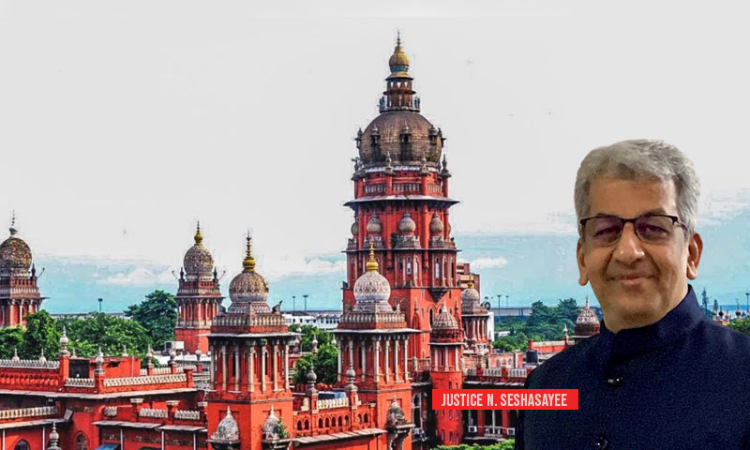'Sanatana Dharma' Is A Set Of Eternal Duties, Idea Being Gained That It's Only About Promoting Casteism & Untouchability: Madras High Court
Upasana Sajeev
16 Sept 2023 9:12 AM IST

"Untouchability in a country of equal citizens, cannot be tolerated, and even if it is seen as permitted somewhere within the principles of 'Sanathana dharma', it still cannot have a space to stay", the Court said.
Next Story


